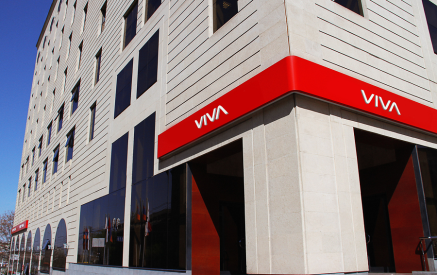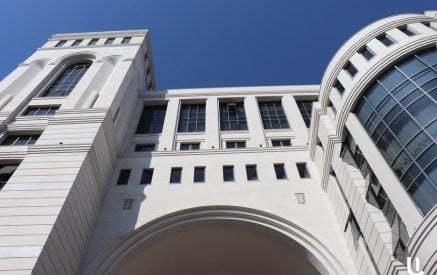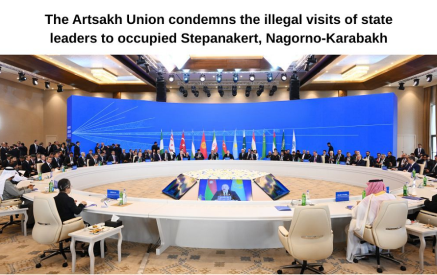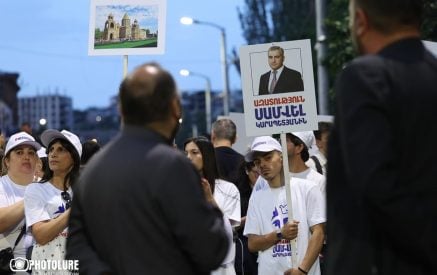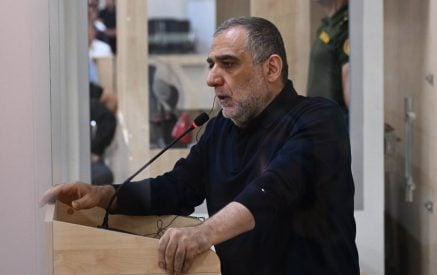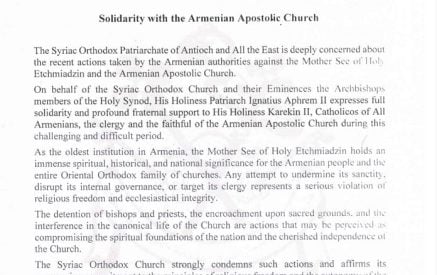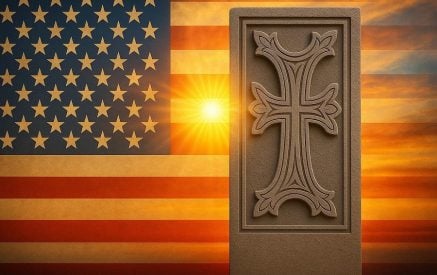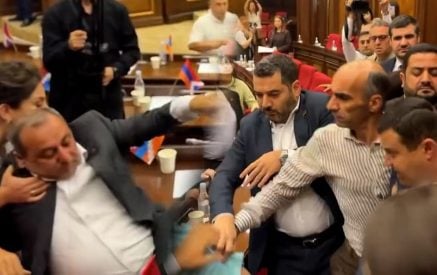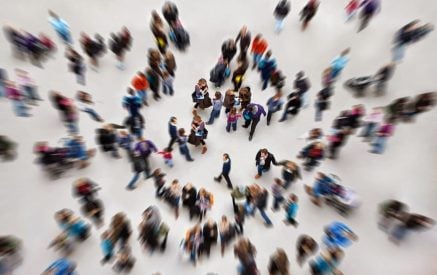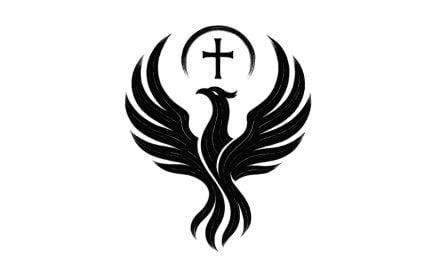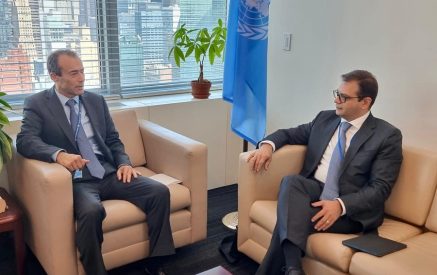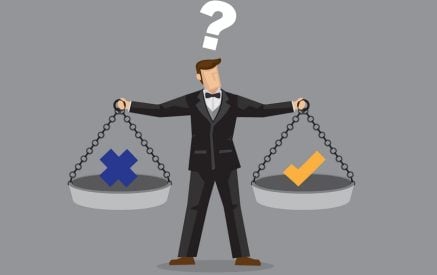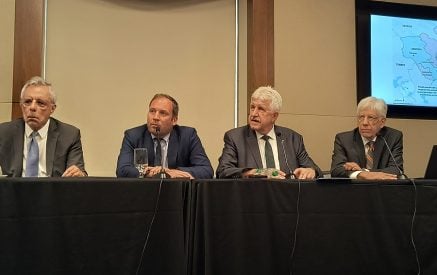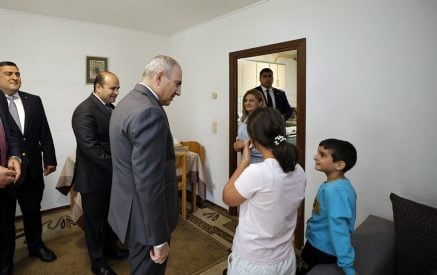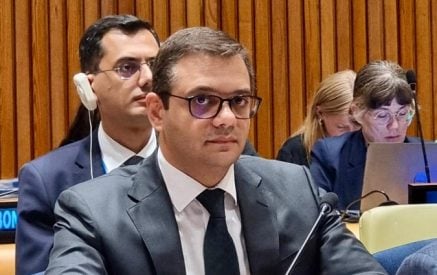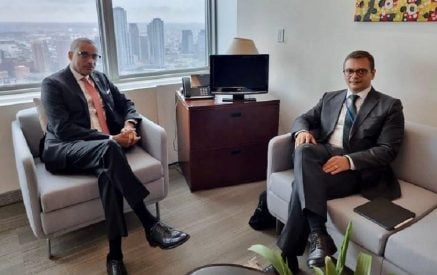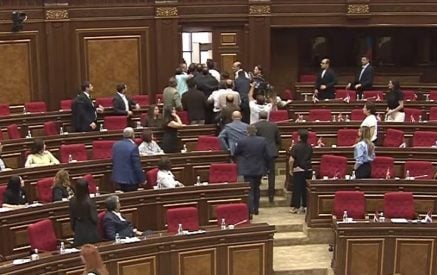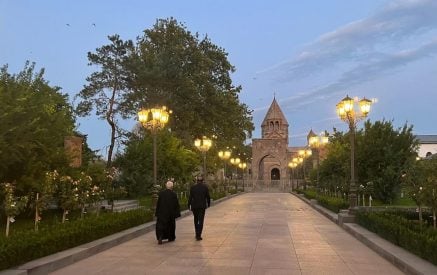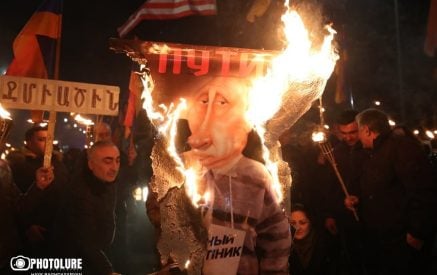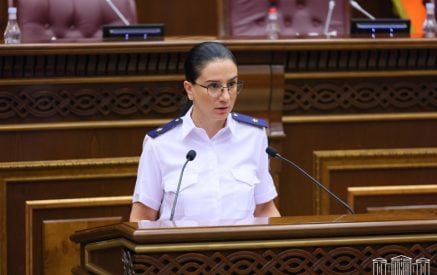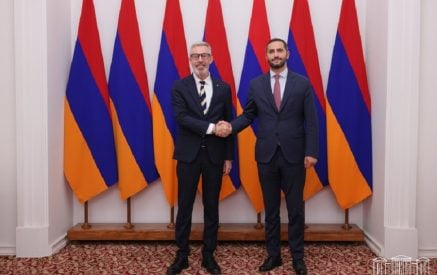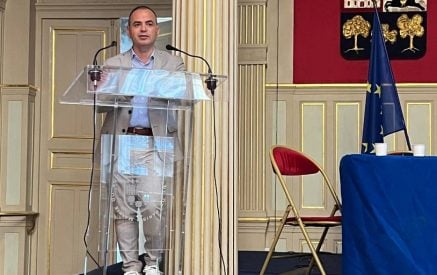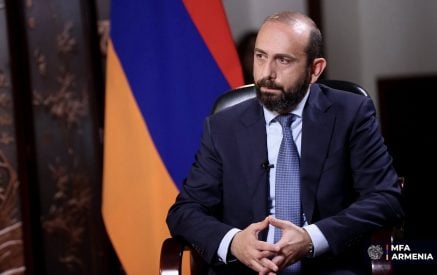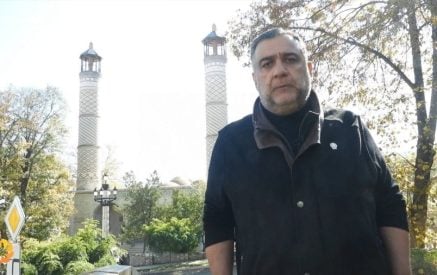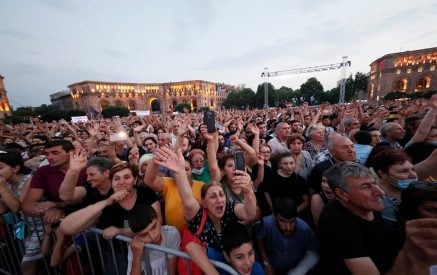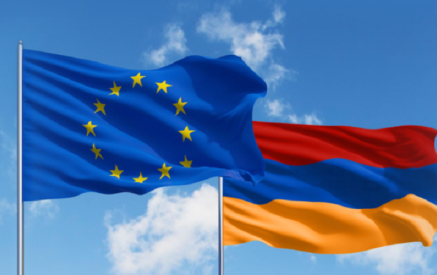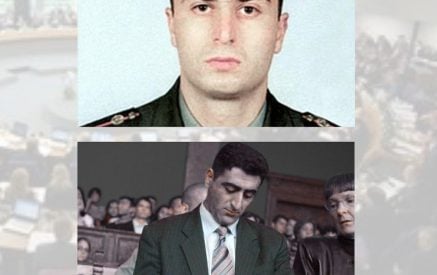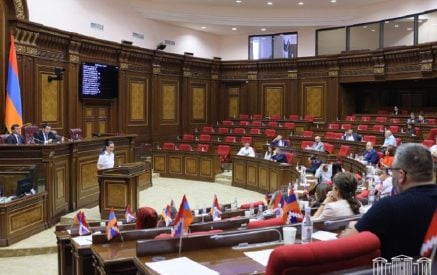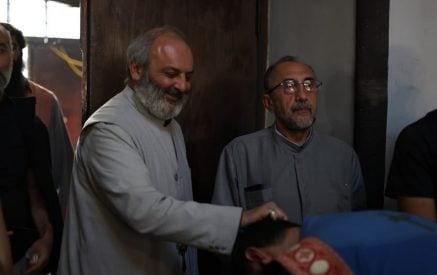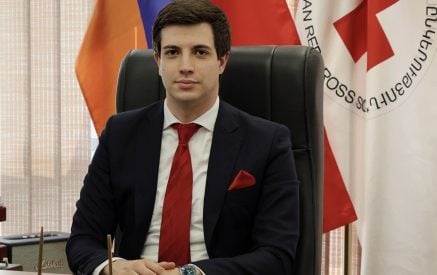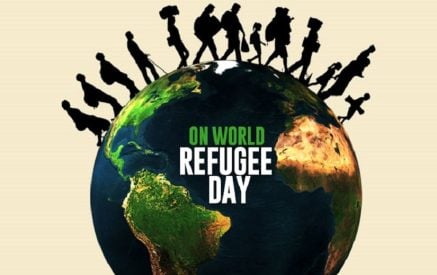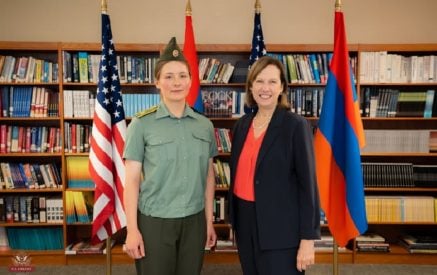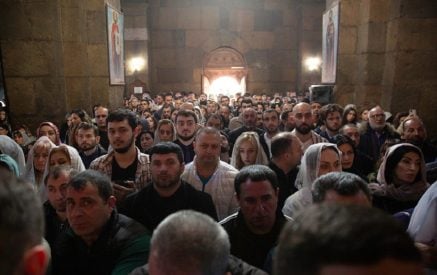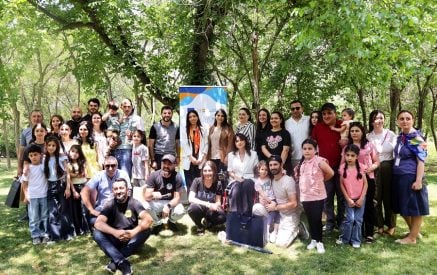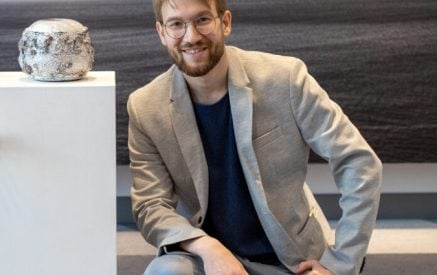
In 2009, 64 countries, including Armenia, signed a statement during a regular session of the UN General Assembly. According to the statement our country took on the responsibility to rule out any violence against sexual minorities (lesbian, gay, bisexual and transgender people). However, the document has not helped the LGBT people during these past years to defend their rights, regularly violated. The representatives of the LGBT community continue to live secretly as a “kind”. 27-year-old Ashot and 21-year-old Yasha testify to the fact that their rights are violated and they are treated intolerably.
According to Yasha, “no Armenian or as it is commonly said ‘tough guy’ doesn’t tolerate homosexuals. If they know that e.g. Alik from the building next to theirs is gay, it will become the subject of discussion in the whole neighborhood, the guys will start to gather and draw plans how to beat Alik up. A few years ago I went to a cottage in Buzhakan for holidays. Neighbors noticed that I had only male guests, therefore they started to watch my every step. One day, when my friend and I were in the swimming-pool, we noticed that big rocks were thrown at us from the other side of the wall – those were neighbors…”
Ashot told us that he had also faced intolerance since serving in the army. “They were humiliating me all the time, there were a few attempts of rape and I couldn’t complain, because the commander himself ordered to persecute me. After military service I was admitted to college, the persecutions against my personality continued for another five years. After graduation I got a job, I was beaten up because of my untraditional orientation there too”, remembers Ashot.
In what area are LGBT people are the most in Armenia? Yasha claims that they are mainly in the beauty salons, bars, restaurants, “However, it doesn’t mean that we are not educated. Those whom we know are all educated, advanced personalities. There are doctors among us who are invited from abroad to conduct surgeries and in Armenia colleagues spread news ‘don’t trust your lives to those homos’. One should treat people thinking like that.”
In which country of the region are the LGBT people freest and most protected? In regard to this question of ours, the guys mentioned that LGBT people were persecuted everywhere, but the saddest situation was in Armenia. They are convinced that the situation is better in Georgia – they have experiences that themselves, working and living in Georgia.
In response to the observation that “one of the organizations representing the LGBT people confers a prize of tolerance on journalists every year, doesn’t it mean that the stereotypes have been destroyed already, as such organizations usually claim that mass media spread homophobia, Ashot said, “I don’t think that stereotypes have been destroyed and the fact of conferring that prize is just an opportunity to voice about us ones again. I agree that journalists share the guilt for the fact that people of non-traditional orientation are perceived as sick and abnormal.”
As for how will, for example, a gay parade be perceived in Armenia, Ashot is convinced that there can never be a gay parade in Armenia, “It is ruled out. If we cannot freely walk down the street now, the police officers constantly persecute us, then what parade one can talk about? If we even talk about that, they will terrorize us. The former chief of police said himself that they had to burn and destroy us, do you imagine what they will do, if we organize a gay parade?” Yasha added to what his friend said that Armenia was very backward in that regard, “If people hear that a gay parade will be held, all the opposition and loyalist forces will unite and come to that parade with rocks and swords.”
Eva Hakobyan


